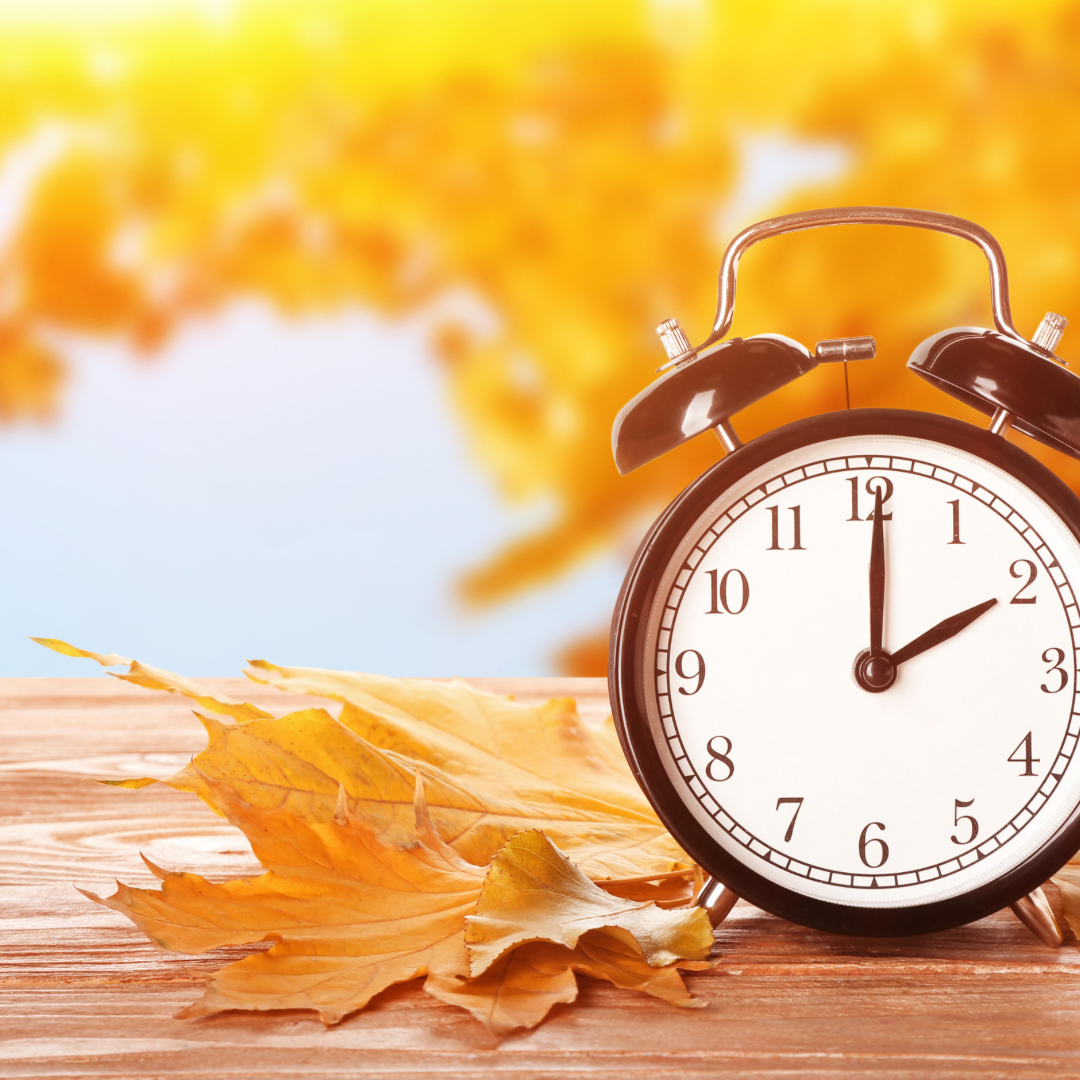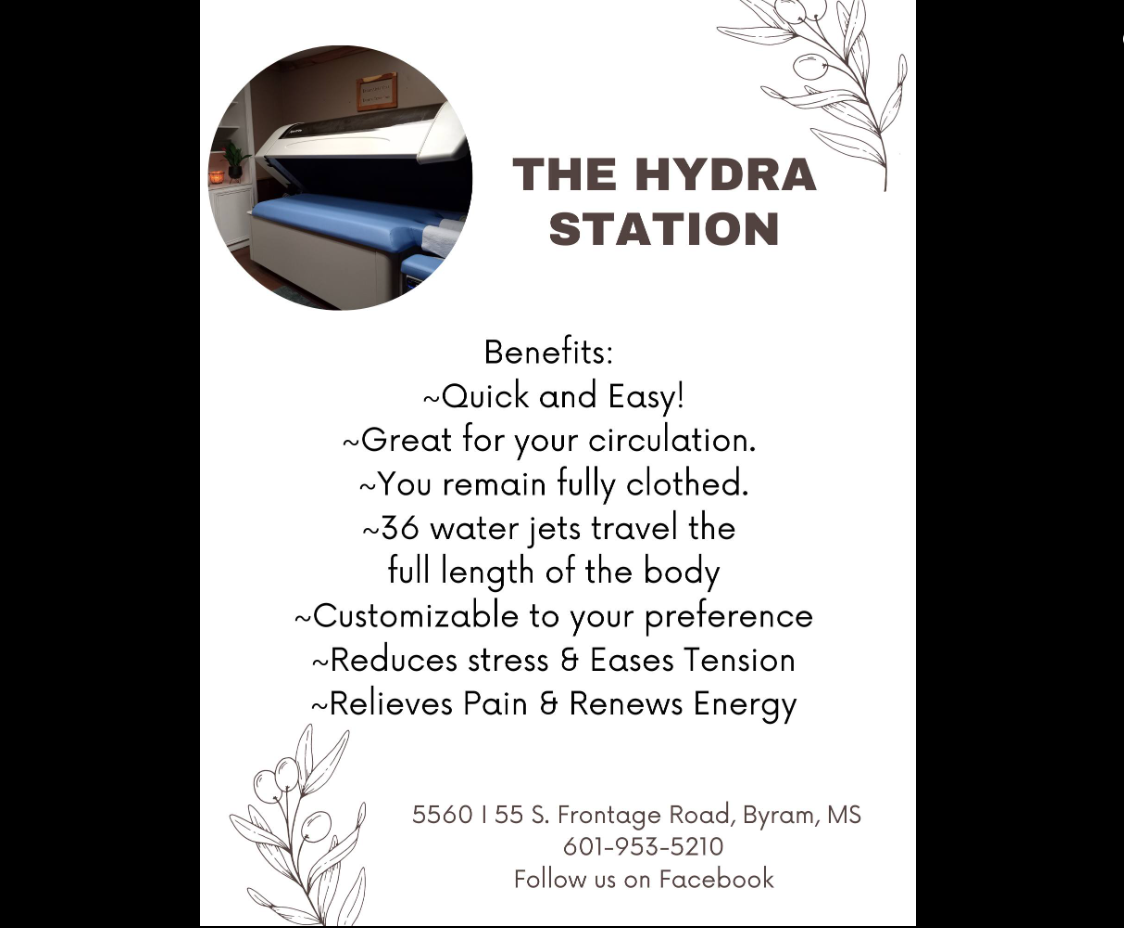Time changes again today, but not everyone is a fan!
The American Academy of Sleep Medicine, a medical association advocating for enhanced sleep health policies, issued a statement on Tuesday urging the United States to completely eliminate daylight saving time.
According to the academy, standard time is most conducive to promoting health and safety as it aligns with individuals’ natural circadian rhythm.
Circadian rhythms are physical, mental, and behavioral changes that follow a 24-hour cycle. These natural processes respond primarily to light and dark and affect most living things, including animals, plants, and microbes.
The one-hour time shift during daylight saving time results in less exposure to light in the morning and greater exposure to evening light relative to typical sleep and work schedules.
Other issues of concern are the consequences associated with the time change itself. Studies indicate that following the “spring forward” transition, there has been a notable increase in workplace injuries, fatalities from car accidents, and the risk of heart attacks. A study conducted in 2023 revealed that individuals experienced greater dissatisfaction with their sleep and higher rates of insomnia one week after adjusting to the time change.
Longer and lighter days were supposed to save energy, reduce traffic accidents and help people become more active. But clocks really started to roll back when in 1916, when Germany became the first country to observe daylight saving time to conserve fuel, according to the Congressional Research Service.
Daylight saving time is scheduled to recommence on March 10, 2024.















